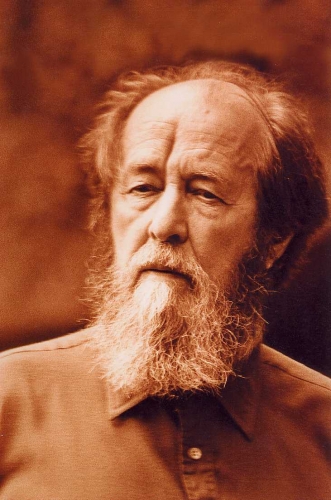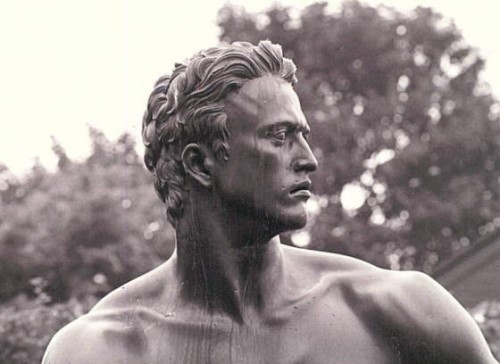Compensation systems, of which the Old Frisian penalty lists are an example, appear in many societies. [...] The meganism flourishes in a society without a strong (central) authority – in which the government has the monopoly of violence – and where free men form a constitutional state. Such a society is often typified as being a feuding society. In a feuding society an insult or physical violence (sometimes) leads to revenge and revenge (sometimes) to a feud. The state of enmity that rises between two groups of people can be reconciled, compensation plays an important part.
p. 53 (my translation from Dutch to English)
Honour is brused, the dishonoured person is the same as the group (s)he is part of, so anyone of this group can restore the balance by taking revenge of anyone of the group of the offender. This can again lead to counter-action and to avoid that things run out of hand, the initial offence can be compensated with money (or valueble goods). This system is hard to imagine for us individualised Westerners without any notion of honour and we take offence when in other cultures (within our own) (Muslim for example) a system like this starts to operate. So what is that “honour”?
The idea of ‘an eye for an eye’ means that when somebody hits you and you do nothing back, people will say you are a pussy, so you hit back. In the Middle Ages only the people who fought could have honour, so honour came with status. Therefor honour did not have to be defended against anyone, some people simply are not important enough to take offence of. The people whose opinions did count are called honour group and this usually implies family and the small society that a person is member of. A person’s honour therefor is the same as the honour of his group or family and since honour is the highest of goods, it must be defended at every cost.
The author continues with describing honour economy. In the most simple explanation this means that there is a certain ‘amount’ of honour in a certain society, so when somebody’s honour rises, somebody else’s honour deminishes.
The amount of honor in the Icelandic universe was perceived to be constant at best, and over the long run, it seemed to be diminishing. [...] Honor was thus, as a matter of social mathemetics, acquired at someone else’s expense. When yours went up, someone else’s went down.
(a quote from William Miller’s Bloodtaking and Peacemaking.)
This goes very far, another quote from Miller:
The game was a laborious one because it demanded the greatest sensitivity to insult and challenge and because there were no intermissions once it started in earnest at the onset of physical maturity. And old man could no relax, nor even the corpse that had suffered violent death, for the final assessment of the victim’s honor depended on how much compensation or how great a vengeance his kin could exact on his behalf. The interminability of the enterprice is but one reason why this ‘game’ needs quotes. It was a game only in the sense that honor necessarily meant competition. There was nothing trivial about the ‘game’; it was, for people of self-respect, coterminous with social existence itself.
There being one ‘amount of honour’ did not mean that ever member had the same sized piece of the pie. The social position resulted in a larger or smaller piece and somebody ‘stealing somebody’s honour’ resulted in a need to put things back the way they were.
The book as a whole speaks mostly about the financial ways of balancing, but that is not the subject of this short article. Also more at length the writer speaks about the feuds, justice and the rules around those which are also far from the Westerner’s bed. Strange how rapidly our society (contrary to most other societies worldwide) have lost these values and systems. It speaks about texts upto the 17th century.
Lichaam , Eer en Recht in Middeleeuws Friesland – een studie naar de Oudfriese boeteregisters (Body, Honour and Right in Medieval Frisia – a study of Ancient Frisian compensation tariff registers) by Han Nijdam will be reviewed in the book reviews section when I finished it.





 del.icio.us
del.icio.us
 Digg
Digg